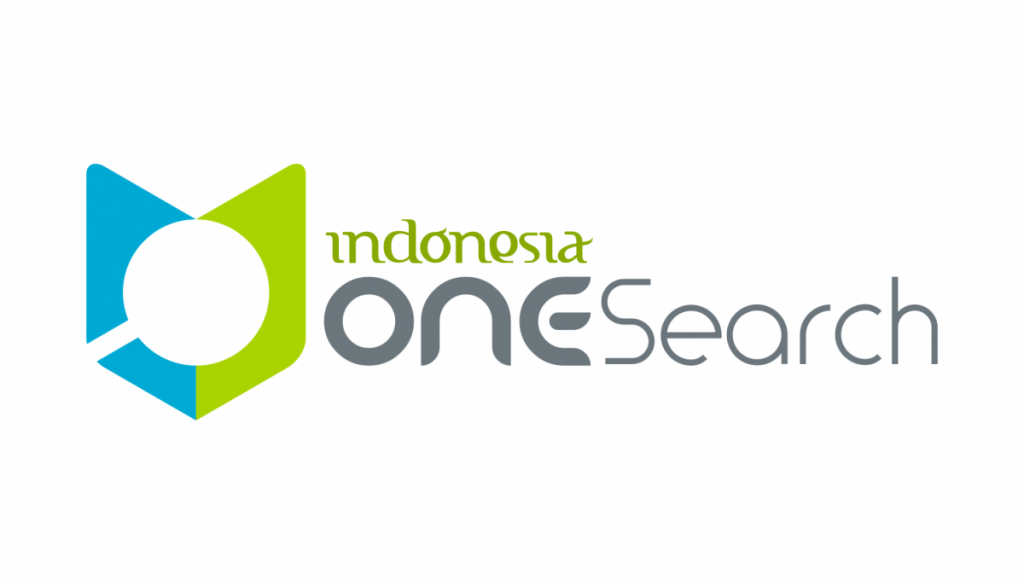Pelatihan Pengelolaan Media Sosial Bagi Muslim Milenial Dalam Meningkatkan Kecakapan Digital
 Abstrak views: 297
,
Abstrak views: 297
,
 pdf (English) downloads: 232
pdf (English) downloads: 232
Abstrak
This service activity focuses on efforts to increase digital skills for millennial Muslim youth in managing social media which is a skill needed in the 21st century. The community service team from the Faculty of Islamic Religion, Sultan Agung Islamic University Semarang who facilitated the trainees, namely Muslim teenagers who were sitting at Madrasah Aliyah in Boyolali, Central Java. The service program uses a contextual approach, namely by linking the material presented with the needs and problems faced by millennial youth. Training activities begin with opening; continued identification and mapping of problems faced by millennial youth; assistance in the use of social media; evaluation and reflection on the results of the mentoring and the last is the closing. The results of this service program are able to increase the understanding of millennial Muslim youth regarding the functions and goals of social media, which is demonstrated by wiser attitudes and behavior in managing social media. Besides that, the digital skills of the trainees increased with indicators of positive content from their work being posted on social media.
##submission.copyrightStatement##
##submission.license.cc.by4.footer##Copyright Notice
Authors who publish with this journal agree to the following terms:
- Authors retain copyright and grant the journal right of first publication with the work simultaneously licensed under a Creative Commons Attribution License that allows others to share the work with an acknowledgement of the work's authorship and initial publication in this journal.
- Authors are able to enter into separate, additional contractual arrangements for the non-exclusive distribution of the journal's published version of the work (e.g., post it to an institutional repository or publish it in a book), with an acknowledgement of its initial publication in this journal.
- Authors are permitted and encouraged to post their work online (e.g., in institutional repositories or on their website) prior to and during the submission process, as it can lead to productive exchanges, as well as earlier and greater citation of published work (See The Effect of Open Access).

















